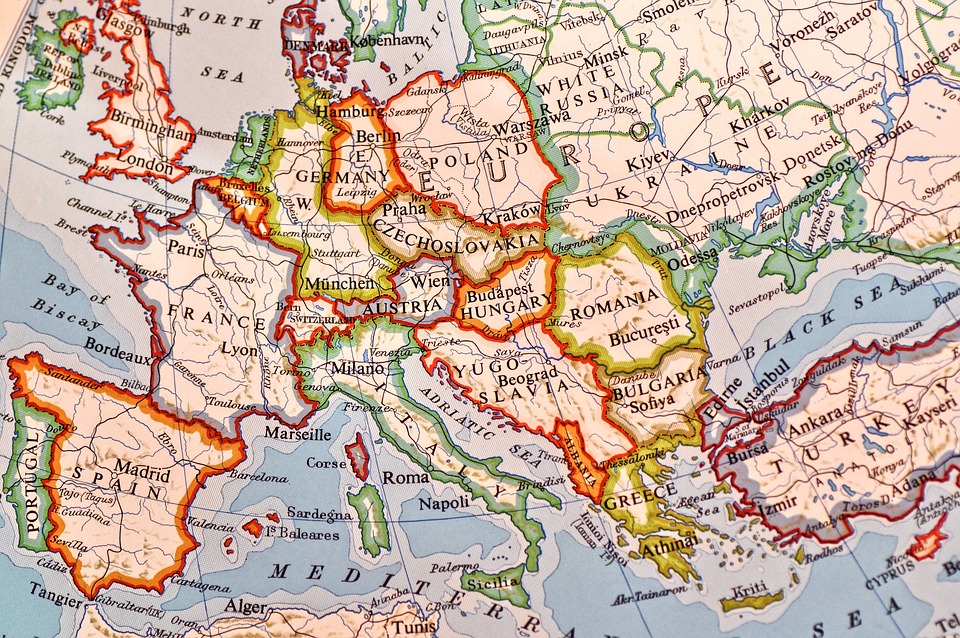Global Political Power Shifts: Key Figures and Nations in Focus
In today’s rapidly changing world, political power dynamics are shifting at an unprecedented rate. As technology continues to advance and globalization becomes increasingly interconnected, the landscape of global politics is evolving in new and unpredictable ways. In this article, we will examine the key figures and nations that are driving these changes and shaping the future of international relations.
The Rise of China
One of the most significant shifts in global politics in recent years has been the rise of China as a major player on the world stage. With the second-largest economy in the world and a rapidly expanding military, China’s influence is being felt across all continents. President Xi Jinping has consolidated power and positioned China as a global leader in areas such as trade, technology, and climate change. As China continues to assert its influence, it is reshaping the balance of power in Asia and beyond.
The Trump Effect
Donald Trump’s presidency in the United States had a profound impact on global politics. His “America First” policies and aggressive rhetoric towards traditional allies caused strain in international relations and created uncertainty in the global order. While Trump’s presidency may have come to an end, his brand of populism and nationalism continues to influence politics around the world. The legacy of Trump’s presidency will be felt for years to come.
The European Union’s Challenges
The European Union has long been seen as a beacon of stability and cooperation in the international community. However, in recent years, the EU has faced a series of challenges that have tested its unity and resilience. Brexit, the rise of populist movements, and economic struggles have all threatened the EU’s ability to act as a cohesive force on the global stage. As the EU navigates these challenges, its role in shaping global politics remains uncertain.
The Tech Titans
In addition to traditional political figures and nations, tech companies and their leaders are playing an increasingly important role in shaping global politics. Companies like Google, Facebook, and Amazon have immense power and influence over global communication, commerce, and even governance. Tech leaders like Jeff Bezos, Mark Zuckerberg, and Sundar Pichai are now key players in global discussions on issues such as data privacy, cybersecurity, and artificial intelligence. As these tech giants continue to grow, their impact on global politics will only increase.
Rising Powers in the Middle East and Africa
While much of the focus in global politics is on traditional powers like the US, China, and the EU, emerging nations in the Middle East and Africa are also making their mark. Countries like Saudi Arabia, Israel, Nigeria, and South Africa are all becoming increasingly important players in international relations. These nations are driving economic growth, shaping regional security dynamics, and influencing global conversations on issues like energy, migration, and human rights. As these rising powers continue to assert themselves, they will play a key role in shaping the future of global politics.
The Need for Global Cooperation
As global political power shifts and new players emerge, the need for cooperation and diplomacy has never been greater. In an increasingly interconnected world, issues like climate change, terrorism, and pandemic response require coordinated action on a global scale. While competition between nations is inevitable, it is crucial that leaders work together to address shared challenges and create a more stable and prosperous world for all. Only through collaboration and dialogue can we navigate the complexities of the modern geopolitical landscape.
Conclusion
Global political power shifts are reshaping the world in profound ways, with new figures and nations taking center stage in international relations. From the rise of China to the challenges facing the European Union, tech titans, and emerging powers in the Middle East and Africa, the global political landscape is constantly evolving. As the world becomes more interconnected, cooperation and diplomacy will be essential in addressing the complex challenges that lie ahead. By understanding the key players and dynamics at play, we can better navigate the shifting currents of global politics and work towards a more stable and prosperous future for all.


